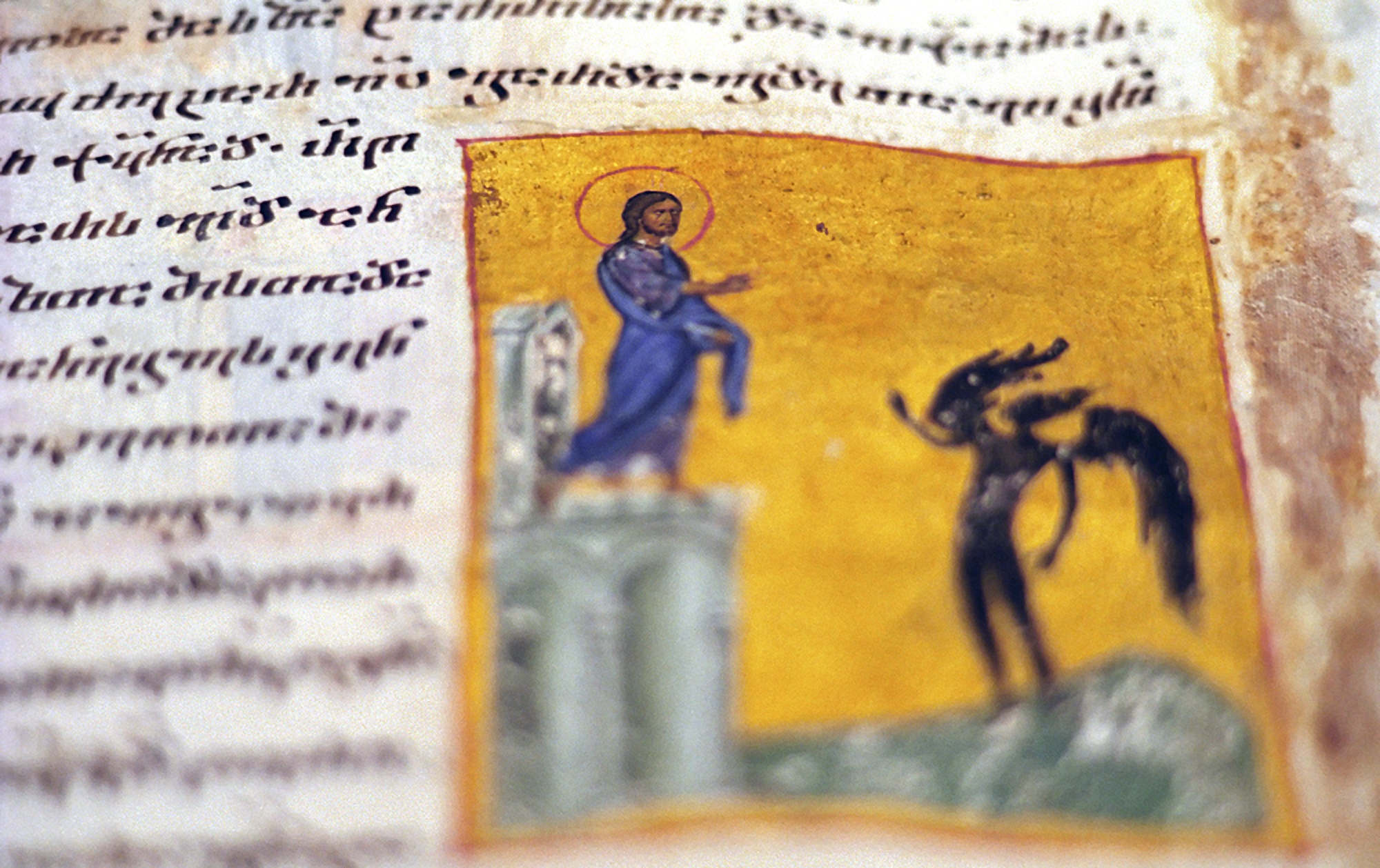It may be that every language has words which cannot be translated easily into any other tongue; perhaps this is part of what makes each language rich and unique, involving so much of the parent culture of each. Georgian is certainly no exception. Especially with the possibility in this language of a single word encompassing a whole sentence of article, subject, verb, tense, and object, Georgian can offer some real stumpers as far as accurate translation goes.
Some of the following words may indeed offer single-word English translations in Google Translate. Others may not translate at all, perhaps because they either have been or are being borrowed in to English already, as have myriad other words from around the world over centuries. Georgian is doing this borrowing from English too, so why not? Others demand a much more lengthy explanation in attempts to sum them up.

I asked my wife, who is Georgian and teaches English, for help with some of these, to see what she would come up with. The results were most interesting.
თავქუდმოგლეჯილი (tavkudmoglejili): When you’re running so fast that you can’t look back and because of it, you are this. You might be kicked in the butt by your own feet.
ელეთმელეთი (eletmeleti): the state of being beside oneself, in either a good or a bad way.
ყანწი (qants’i): The drinking vessel, typically offered in pairs, made from the horns of any horned animal, usually the best such examples (from mountain sheep or goats) being reserved for this honor. They may be carved, the open end finished with silver, or otherwise worked on to enhance their appearance, or even made of wood or clay. (I have a pair of meter-long kudu horns, perhaps the only ones in Georgia, which I brought back from southern Africa. They hold about a liter of liquid each, and are much admired but little used in my house because I don’t like heavy drinking!)
თამადა (tamada): This one was left untranslated by Google, but almost every visitor to Georgia will learn it sooner or later. It’s the title of the toastmaster at the Georgian feast (see სუფრა below). Usually a man, chosen from the group present, although there is nothing preventing a woman from being in the role, especially at a gathering without men! The tamada’s best qualities will include much knowledge of the language, philosophy, history, humor, music and more of Georgia, as well as of the expected order of the toasting ceremony, which includes individual speeches on many different subjects over many hours. He should be able to hold his drink, and his food too, and to maintain authority and order at the event over which he is presiding with honor. The best tamadas are in high demand for large gatherings such as wedding and funeral feasts. Earliest supporting archeological evidence seems to be quite a few thousand years old, in the form of a small statuette from the former west Georgian kingdom of Colchis.
ნაგლი (nagli): This seems to be one of the so-called “barbarisms” about which my village school’s Georgian teachers are so vigilant. Barbarism here simply meaning any word which Georgian has borrowed untranslated from Russian (but apparently not from any other language), demonstrating laziness instead of using the proper Georgian word for the thing, which does exist, so why not use it? Anyway, наглый in Russian means “brazen” in English, the quality of being over-bold and uncaring who knows it. Why is Russian singled out for barbarisms, when Persian, Turkish and Arabic have all lent many words to Georgian, to say nothing of the aforementioned current and ongoing influence of English? Maybe simply because the Russians were the last to rule here. A touchy subject at best.
სუფრა (supra): another one left untouched by Google Translate. Although its literal meaning is simply “tablecloth”, it really refers to the feast being spread on and enjoyed at the table, which is more, so much more, than just an occasion of eating and drinking. A supra is much more formal, long-lasting, serious (although quite acceptably shot through with jokes), and always presided over by a tamada, see above. It can last, in my own experience, for anything from a few to eight or more hours, with the liquid, preferably wine, and the food never-ending. The best place to learn the most about Georgian culture in one sitting, as long as you stay sober enough to recollect it. It may seat as few as two people up to as many as the room or dining space will hold, literally without limit. If the food ever ran out, more would be procured and would never be exhausted past the departure of the last person; same with the drink.
ზეგ (zeg): the day after tomorrow. Can also mean “in the unspecified general future,” as in the Spanish “mañana”.
მაზეგ (mazeg): the day after zeg (the day after the day after tomorrow).
გენაცვალე (genatsvale): a cornucopia of everything best towards the recipient. Perhaps the most profound, untranslatable word into English (or any other language?) in this list. Best for last.

Tony Hanmer has lived in Georgia since 1999, in Svaneti since 2007, and been a weekly writer for GT since early 2011. He runs the “Svaneti Renaissance” Facebook group, now with over 1900 members, at www.facebook.com/groups/SvanetiRenaissance/
He and his wife also run their own guest house in Etseri:
www.facebook.com/hanmer.house.svaneti
Photos sot by the author for the National Collection of Manuscripts
